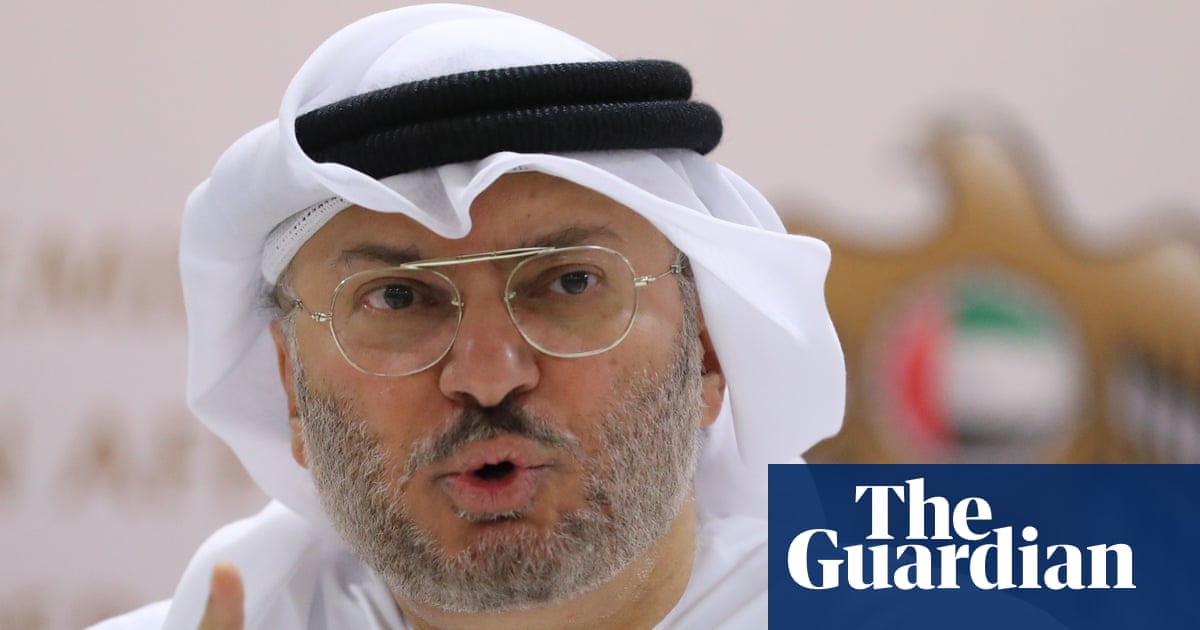Plans for a UN-mandated international stabilisation force to disarm Hamas in Gaza are encountering increasing resistance after the United Arab Emirates said it would not take part without a clear legal framework. The UAE’s senior envoy, Dr Anwar Gargash, announced in Abu Dhabi that the country “does not yet see a clear framework for the stability force and under such circumstances will not participate, but will support all political efforts towards peace – and remain at the forefront of humanitarian aid.”
Israel has already excluded Turkey from involvement, and Jordan’s King Abdullah has said Jordanian troops will not join. Azerbaijan, once suggested as a contributor, skipped a planning meeting in Turkey and said it will not contribute unless a full ceasefire is in place.
The UAE’s stance highlights wider Arab concerns over a US-drafted resolution circulated at the UN in New York. That draft makes a US-directed stabilisation force the main guarantor of security in Gaza after an Israeli withdrawal. Arab states want a larger role for a Palestinian civilian police force and stress that under international law foreign troops should not enter occupied Palestine without explicit Palestinian consent; otherwise the presence could be seen as coercive and as stabilising an unlawful occupation.
Palestinian American co-author of the Palestinian armistice plan Jamal Nusseibeh said it is vital the force be deployed to enforce international law and end the occupation rather than to stabilise it. He argued the force should operate across all occupied territory, including the West Bank, only at Palestine’s request and with a clear objective of ending the occupation within the context of a sovereign Palestinian state. The US draft, however, makes no mention of the West Bank, a Palestinian state or a two-state solution — positions Israel opposes.
Formal negotiations on the stabilisation mandate, including command and control, began in New York and are likely to be protracted, raising the risk of a security vacuum in Gaza that could benefit Hamas. The US proposes to lead the force, though it would not commit many ground troops, and has already effectively taken charge of humanitarian aid delivery into Gaza from a new civil-military coordination centre based in Israel.
The draft defines the force’s purpose as working with a newly trained and vetted police force “to help secure border areas, stabilise the security environment in Gaza by ensuring the process of demilitarising the Gaza Strip including the destruction and prevention of rebuilding the military terror and offensive infrastructure as well as the permanent decommissioning of weapons from non-state armed groups.” It would be accountable to a “board of peace” chaired by Donald Trump, not to the UN, and authorised to use “all necessary measures” to meet its objectives.
Arab states, including Qatar, worry the mandate is too broad. They predict Hamas would only disarm to fellow Palestinians, likely within a civilian police framework, at a point seen by Hamas as the end of occupation. They also fear the draft gives the stabilisation force a governance role in Gaza, a responsibility intended for a Palestinian technocratic committee working with a reformed Palestinian Authority (PA).
The draft envisages a “transitional governance administration” in Gaza until the PA has satisfactorily completed reforms judged acceptable to the board of peace. It also stresses the importance of full humanitarian aid through the UN, the International Committee of the Red Cross and the Red Crescent, but allows exclusion of “any organisation found to have misused such aid,” a phrase that could potentially permit the board to exclude UNRWA, the agency the international court of justice has recognised as the lawful distributor of aid.
France and Saudi Arabia are pushing for the resolution to reference a Palestinian state; Saudi officials have said such a reference is a prerequisite. Saudi Crown Prince Mohammed bin Salman is due at the White House on 18 November. The PA’s Mahmoud Abbas met French president Emmanuel Macron in Paris to discuss the PA’s role.
The draft gives neither the UN nor the 15-member security council a supervisory role over the stabilisation force or implementation oversight. It also does not specify funding; the US expects Gulf states, with Saudi Arabia leading, to bear much of the cost.
Israel seeks written US guarantees allowing it to re-enter Gaza if it judges disarmament is insufficient, following a model used in Lebanon. That proposal was discussed with Jared Kushner and US special envoy Steve Witkoff, with Kushner in Jerusalem and Witkoff due to arrive.
Four of the original 251 Israeli hostages remain unreturned. Separately, Israel has proposed dividing Gaza so reconstruction could begin in parts of the strip under Israeli control, though Western diplomats say that is not part of the Trump plan.




